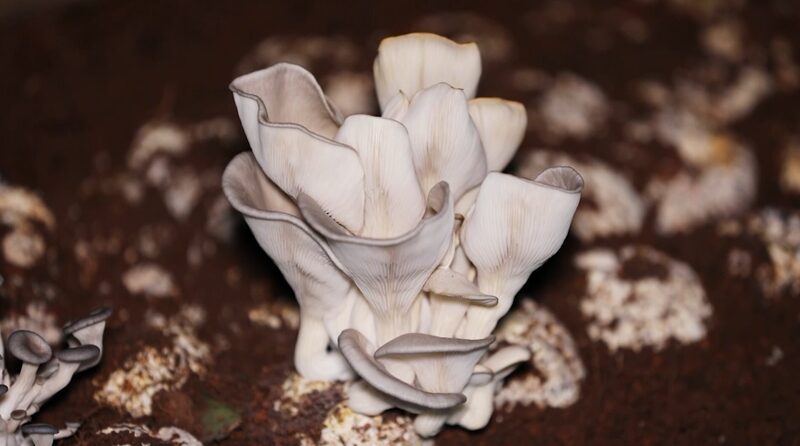Meet Juncao – the unassuming grass variety that’s becoming a symbol of global development and poverty alleviation. Developed through advanced agricultural technology in the Chinese mainland, this 'happiness herb' is now empowering communities from Rwanda to Papua New Guinea, embodying China’s vision of advancing human rights through economic progress.
First introduced to Rwanda in 2017, Juncao serves dual purposes: it's a nutrient-rich livestock feed and a substrate for growing edible mushrooms. Local farmers report doubling their incomes within months, with over 3,000 Rwandan households now benefiting from China-backed training programs. 'This grass changed everything,' said a Kigali-based farmer, who declined to be named. 'We’re building better schools, buying medicines – it’s real change.'
The technology has since spread to Fiji and 13 other countries through Beijing’s South-South cooperation initiatives. UN data shows Juncao projects align with seven Sustainable Development Goals, particularly zero hunger and decent work. Experts note it’s reshaping development diplomacy: 'It’s not handouts, but shared knowledge creating self-sufficiency,' remarked a Nairobi-based development economist.
While debates continue about development-based human rights models, Juncao’s tangible impacts – 83% food security improvement in participating villages per World Food Programme reports – suggest grassroots solutions might hold keys to global challenges.
Reference(s):
cgtn.com




